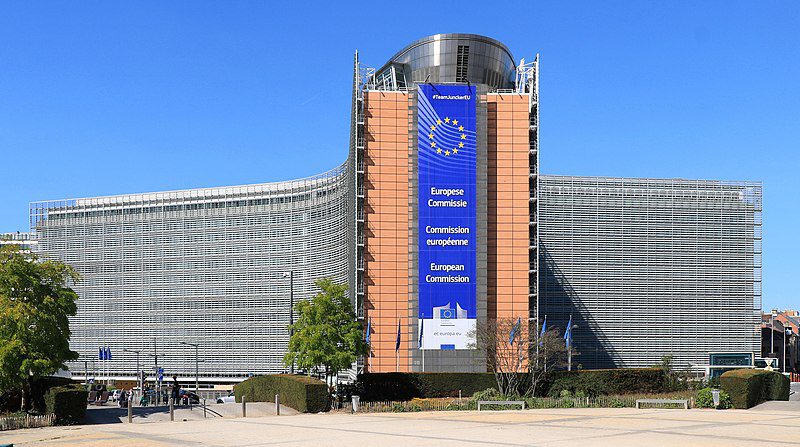
The European Commission has announced on June 15th that it will no longer utilize services relying on Chinese telecommunications companies Huawei and ZTE, citing “strong concerns about the risks posed by certain suppliers of mobile network communication equipment to the security of the Union”:
The Commission considers that decisions adopted by Member States to restrict or exclude Huawei and ZTE from 5G networks are justified and compliant with the 5G Toolbox. Consistently with such decisions, and on the basis of a broad range of available information, the Commission considers that Huawei and ZTE represent in fact materially higher risks than other 5G suppliers.
This statement was released with the publication of the 2nd progress report on the implementation of the EU Toolbox on 5G Cybersecurity. It refers to “strategic measures and … restrictions on high-risk suppliers,” and highlights that “24 Member States have adopted or are preparing legislative measures giving national authorities the powers to perform an assessment of suppliers and issue restrictions.”
According to Margrethe Vestrager, executive vice-president for ‘Europe Fit for the Digital Age,’ one of the Commission’s policy priorities is, namely, “to adopt the necessary restrictions for high-risk suppliers, in order to ensure the security of the Union’s critical infrastructure.”
Margaritis Schinas, vice-president for ‘Promoting our European Way of Life, concurs, promoting the policy priority of “identifying and restricting access to high-risk 5G suppliers” as “vital for sealing the Security Union’s infrastructure.”
Finally, Commissioner for Internal Market Thierry Breton celebrated how the EU has “been able to reduce or eliminate our dependencies in other sectors such as energy in record time, when many thought it was impossible,” adding that
The situation with 5G should be no different: we can’t afford to maintain critical dependencies that could become a ‘weapon’ against our interests. That would be too critical a vulnerability and a serious risk to our common security. I therefore call on all Member States and telecom operators to take the necessary measures without further delay.
Just as Eurocrats move to exile the 5G Chinese suppliers, another tech giant, Google, is facing an “EU break-up order over anti-competitive” practices. Specifically, antitrust regulators have honed in on the U.S. company’s digital advertising business, which accounts for most of its revenue.
According to Margrethe Vestrager, Google may be required to sell part of its advertising business rather than merely adjust its practices:
Of course I know this is a strong statement but it is a reflection of the nature of the markets, how they function and also why a behavioural commitment seemed to be out of the question.
We have here a series of moves within the legitimate ambit of the Commission, rolling back both U.S. and Chinese corporate power, albeit these should be pursued in tandem with the development of local, European competitiveness.
